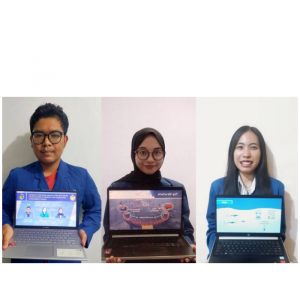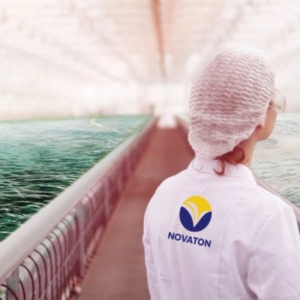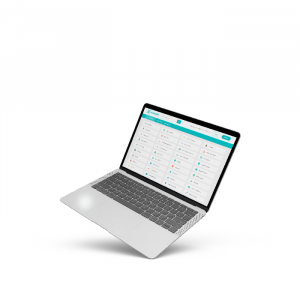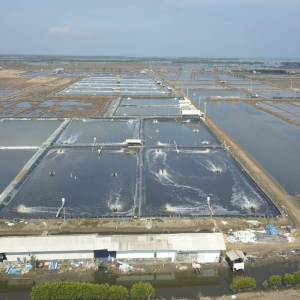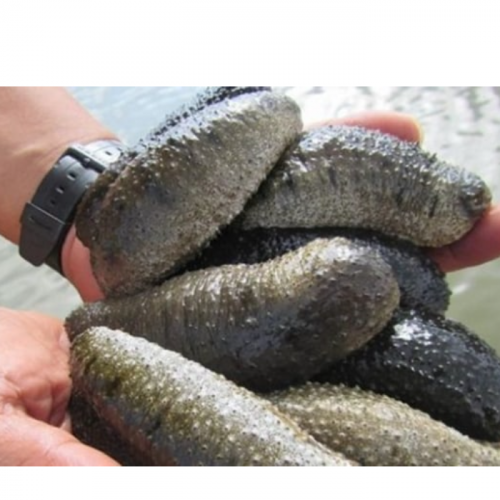
Researchers Eye Sea Cucumbers As Potential Fish Farming Impact Solution In Europe
| Thu, 25 Feb 2021 - 18:01
A team of aquaculture researchers is exploring how sea cucumbers might be used to help reduce the environmental impact of fish farming, using techniques already being used in agriculture.
Having secured a funding package from the UK Seafood Innovation Fund, and additional support from the Sustainable Aquaculture Innovation Centre (SAIC), Blue Remediation is conducting a feasibility study that will assess the efficiency of sea cucumbers in absorbing aquaculture biomass.
Bioremediation – the process of using living organisms to remove pollutants and toxins – is a method commonly used in agriculture to restore polluted soil. By introducing sea cucumbers, which will feed on fish faeces and excess food, to seafood farms it is hoped they could help to minimize the impact of waste on the seabed.
Also read: The Future of Fish Feed might be Fish-Free
While the approach has already been proven in Asia and Chile, the role of sea cucumbers in Scottish and European aquaculture is yet to be fully tested. As part of the project, the researchers will build a computer model that integrates with existing NewDEPOMOD software, which is widely used by the sector to predict the impact of fish farm secretions.
Testing a number of variables, such as sea cucumber absorption efficiency and benthic waste accumulation, the project aims to find the optimum conditions and quantities that producers could then introduce to minimize the impact of waste.
According to Blue Remediation Co-founder Soizic Garnier, managing and minimizing the environmental impact of aquaculture is crucial for supporting the sector’s growth.
“Alongside the extensive regulatory frameworks that are in place, we have identified a possible natural solution that could absorb some of the waste that is inevitably produced by fish and the process of feeding them,” she said. “Using sea cucumbers in Scottish waters has great potential, but there are still a number of questions that we need to find the answers to. This study and subsequent live trials will help to determine the impact of integrating different species, any impact on wild cucumbers, as well as monitoring the health and wellbeing of the sea cucumbers, including disease control.”
Also read: Environment, Bacterial Community Dynamics and White Feces Disease Outbreaks in Shrimp Ponds
Sea cucumbers are considered a delicacy in Asian markets and can fetch up to USD 3,000 (EUR 2,508) per kilogram, so there may also be added-value in mainstream sea cucumber cultivation, hand-in-hand with the environmental benefits, Garnier said.
The experimental part of the project is to be carried out in collaboration with Scottish Association for Marine Science (SAMS). Initial testing is expected to last for three months using 18 Scottish sea cucumbers with a variety of diets to represent how cucumbers would behave in a real-world fish farm environment.
To mimic the natural ecosystem, sediment has been provided by Mowi, coming from its Loch Leven site, while salmon feces are being supplied by the University of Stirling’s Institute of Aquaculture.
Also read: Aquamimicry: A revolutionary concept for shrimp farming
Blue Remediation was set up by a team of four doctoral students from the University of Strathclyde and Heriot-Watt University, who last year took part in a mentoring program led by Women in Scottish Aquaculture (WiSA) to help formulate their project ideas.
SAIC CEO Heather Jones said that with research projects exploring cost-effective, data-led methods, such as using sea cucumbers, Scotland’s aquaculture sector could transform its approach to waste management.
“Integrated multi-trophic aquaculture is still in its infancy in Scotland, but could be a valuable, sustainable, circular method of ensuring resources don’t go to waste,” she said.
Source: Seafood Source













